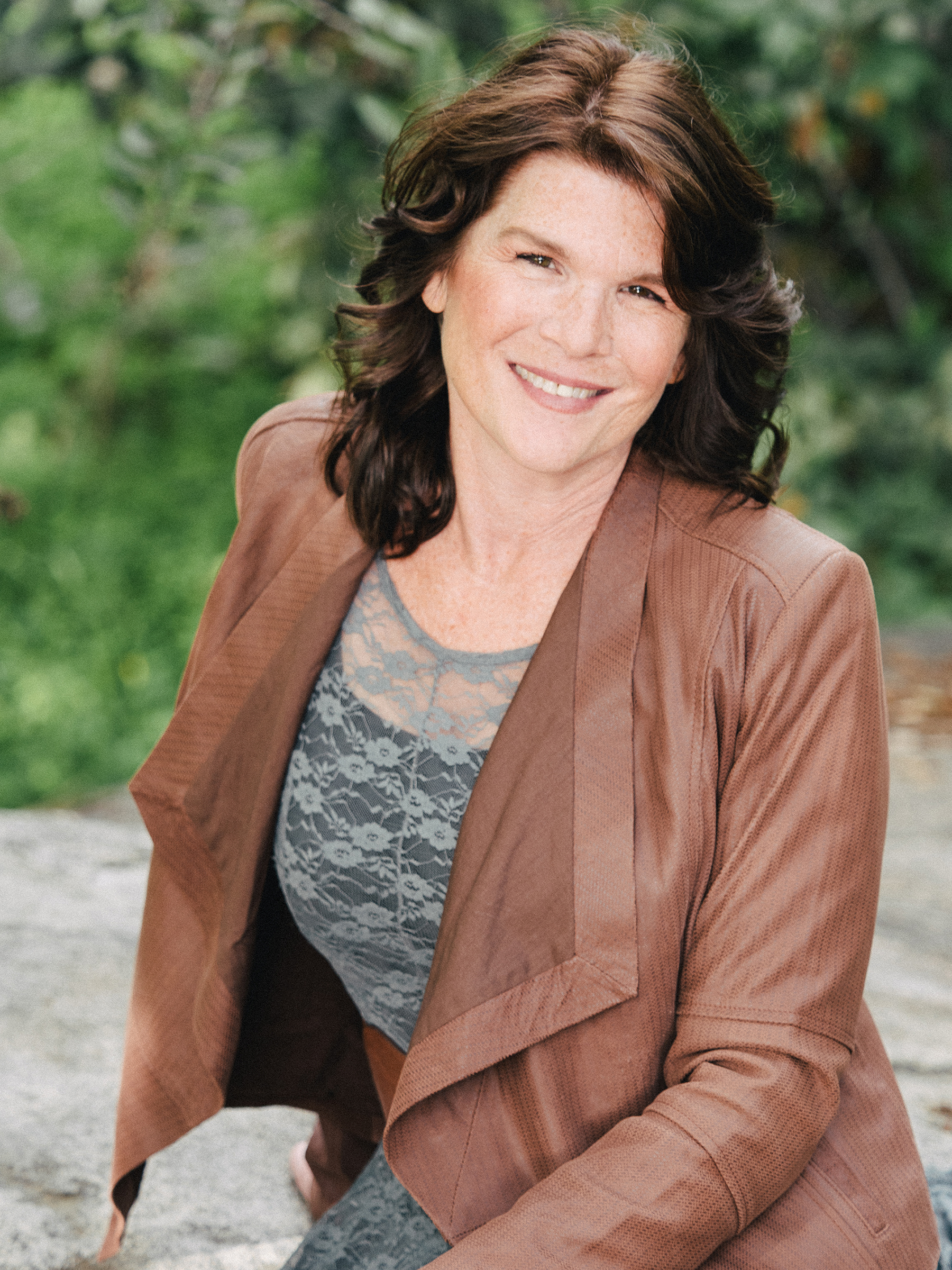Recently I led a workshop for the National Association of Memoir Writers, called “Exposing the Poetry of Presence in Memoir: Naked writing as a juicy practice for getting present.” Despite technical difficulties at the start–my computer completely crashed two minutes before the start of the zoom presentation and I had to quickly get on to zoom on my phone!–the workshop was delightful with wonderful participation. I love it when people are willing to get vulnerable and share what I like to call their “naked writing” (i.e. writing that has not been edited or improved or spruced up) It’s scary and great practice for us memoirists! Why is this? Because, as memoirists, we are up against a special set of personal challenges that you don’t find in fiction or technical writing. Typically, memoirists must tell an engaging story while:
- Exposing vulnerable secrets
- Sharing details from our most difficult moments
- Revisiting and recapturing concrete and sensory details so to bring the reader into each scene (i.e. show, don’t tell)
- Overcoming fear of exposure
- Being emotionally candid
- Making the reader feel “present” in the scene
So, how do we do that? One way is to practice being vulnerable and to practice capturing this moment precisely. Remember, this moment includes not only the sensory details arising right now, but also our mental thoughts, which might include memories.
Naked writing practice helps us practice authentic grounded writing by encouraging us to:
- Express what we see, hear, feel, and think free from the constraints of logic, grammar and punctuation
- Let go of our “editor,” who is constantly judging us
- Listen internally and write freely with the ear of a poet to the word rivers that stream through us
- Enter the wilds of our mind, without knowing ahead of time what might come out
- Be vulnerable by sharing raw, unedited, imperfect writing with others
- Pay attention to details present in the moment
- Engage our curiosity as we discover what wants to be expressed through us
- What thoughts will arise?
- What themes will present themselves?
- What gentle pondering wants to be gently pondered?
I hope you’ll follow along and dive into he wilds of your own mind and practice writing without thinking, planning or editing your work! Below is a link to the recording of our workshop.


